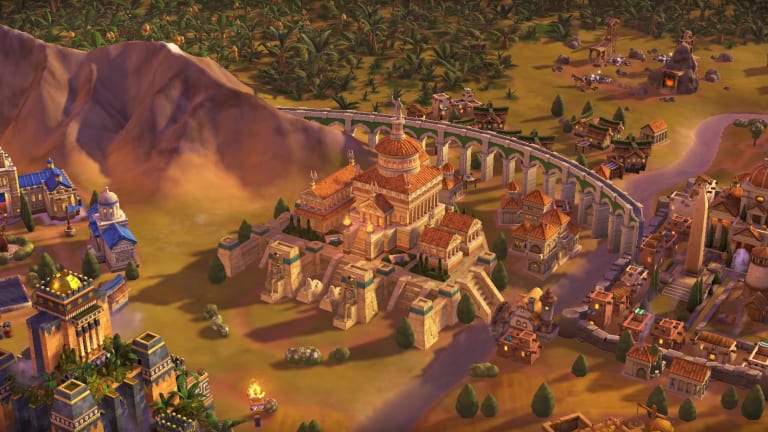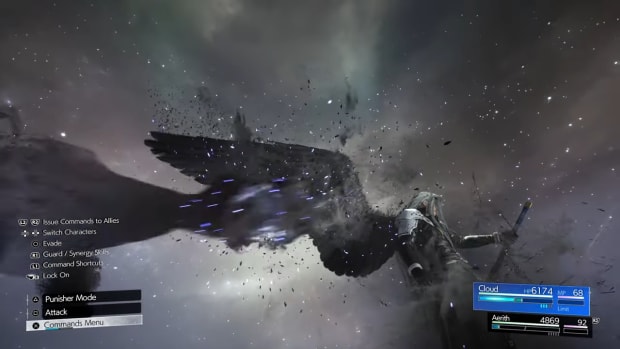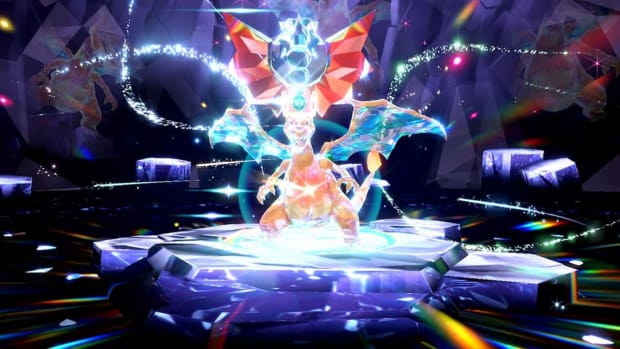
The push for digital games is our modern-day Library of Alexandria

Aside from being a games journalist, I am also a games collector. I have bookshelves filled with hundreds of games, most of which I have already completed, and one day might do again. I love games, and when I let my gaze wander across my shelves, I feel a glowing sense of joy. I also live alone with four cats. Why do you ask?
So when I read in this year’s GameIndustry.biz round-up that less than 6% of the gaming industry’s revenue came from physical games, I was shocked. I knew that digital media was quickly becoming the more popular format, but had physical media really reached the point of near extinction already?
Don’t get me wrong, I can see the benefits of digital games. You get to play them as soon as they release. They often have faster loading times. You don’t have to get off your sofa to change your disc, and you don’t have to leave your house to buy one. Digital media is friendlier for the planet, and you can store a huge collection of games in the palm of your hand, rather than in your second bedroom.
Yet I cannot help but feel deeply saddened by the impending doom that physical games face. In a world that’s rapidly shifting to subscription services over private ownership, I long for the days when I knew my games would be with me forever. Someone will have to prize my copy of DuckTales: Remastered for PS3 from my rigid death grip before it’s no longer mine.
Because technology doesn’t last forever. Digital online stores eventually shut down, and all that’s left are customers’ physical copies. There’s the argument that your games are still saved to your storage, but eventually, that too will fail. For me, it doesn’t matter how many of my PS Vita memory cards are corrupted; I’ll always be able to play Gravity Rush there.
Nowadays, it may feel like all the games are somewhere up on a mysterious cloud, and able to be cooed down at a moment’s notice. That’s not always the case. Licensing issues and companies failing to meet resolutions will always block games from returning to stores. You may think this is only an issue for fans of the obscure, but boot up your PS5 now and try to get that nostalgic hit that only Tekken 3 can bring. You’ll only be met with disappointment.

Tekken 3 is just one example of a good old PlayStation classic you can't find on PS5's digital store.
Of course, it’s not up to a few fanatic collectors to save gaming history. But the way that gaming is currently set up, we are all living on a precipice. One where the majority of us don’t own the majority of our games, and yet we’ve gladly accepted it. You may say it’s fine that you’ll never get to play Freedom Wars or Alpha Protocol, but it’s about more than what one person plays. It’s about the conservation of a fairly recent history.
If you are in the pleasing position of being over 30, then there are likely countless games you loved from your youth that you will likely never play again. All that is left are your memories, and of course, they will die with you. Likewise, there is a large collection of games that were created before you were born that you probably have been lucky enough to sample.
We’re getting to the point where a huge chunk of gaming’s history will likely disappear and all that will be left are Let’s Plays on obscure channels with a few hundred views. That is until YouTube is too usurped as outdated technology. Our steady drudge towards a digital-only games industry is like the burning of the Library of Alexandria. A massive well of knowledge set aflame, but this time we are the ones who lay tinder in the path to keep the fire burning.




